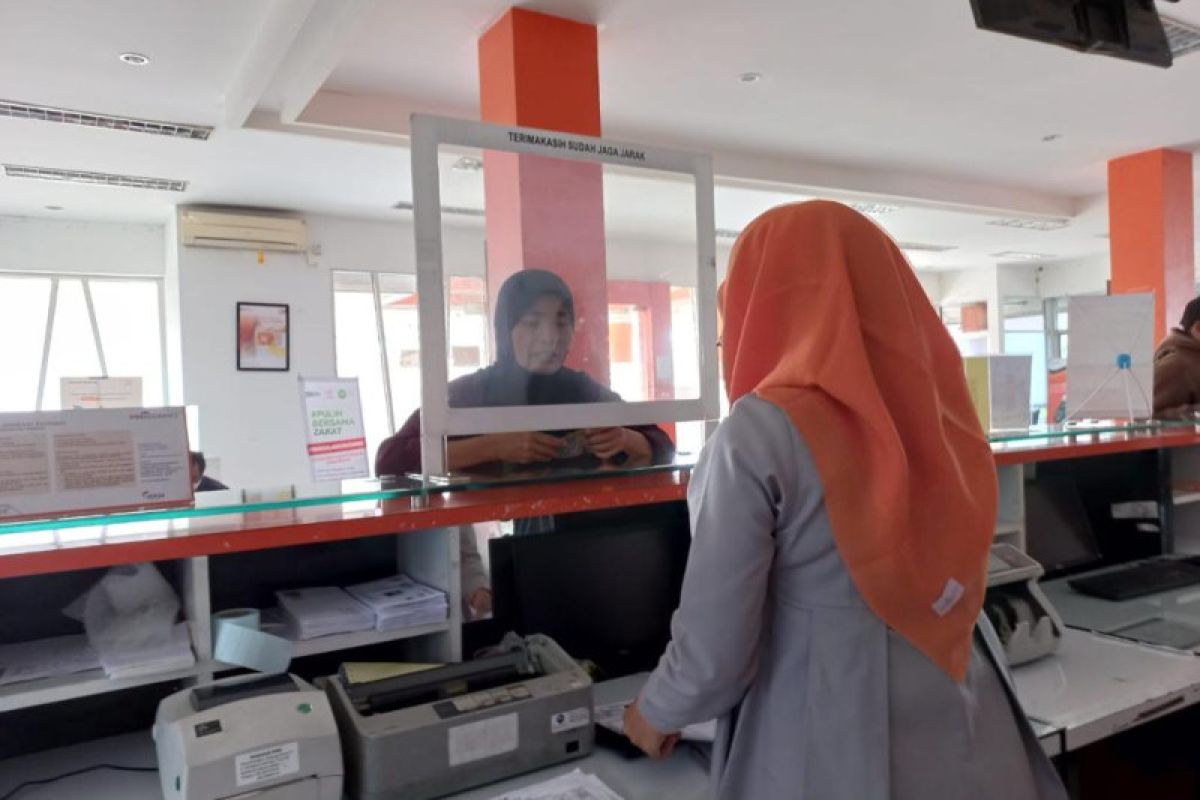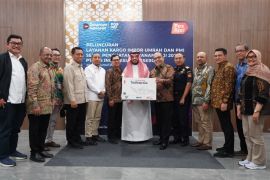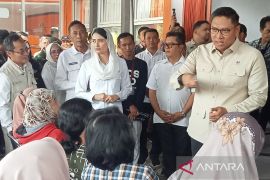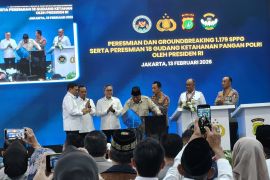Siti Choiriana, Pos Indonesia's Director of Courier and Logistics Business, said that the distribution of aid for stunting was more difficult because there were not many people but the locations were more spread out.
"Second, the distributed raw materials are fresh, so we have to prepare a cold chain," she said in Jakarta on Friday.
Choiriana added that Pos Indonesia, which is officially partnered with the National Food Agency (Bapanas) in distributing food assistance to stunted-prone families, needs to carry refrigerators during the distribution of eggs and chicken meat, which lengthens the distribution time.
In addition to that, Pos Indonesia must also conduct education and outreach among recipients to encourage the immediate processing of chicken meat so that it can be consumed for a longer period.
“Hopefully, it (chicken meat) is used by pregnant women so they can eat it for five days. They can cut and season it, then just fry it. The same goes for toddlers. So, this challenge needs careful consideration due to the freshness of the food," he said.
Despite the challenges, she emphasized that her team is making every effort, especially in terms of transportation, to ensure the quick and gradual distribution of the food assistance, which consists of 1 chicken weighing about 0.9 to 1.1 kg and 1 tray of 10 chicken eggs.
"If this assistance proves to be useful and inflation is controlled, there is a possibility of extending it for another three months. Therefore, it is crucial to succeed," she said.
According to the Bapanas, the realization of food assistance in the form of eggs and chicken meat for 1.4 million KRS has reached 69 percent, with 995 thousand packages distributed as of May 18, 2023.
The first phase of the food aid has been distributed in six provinces, with the highest realization of distribution in Central Java (95 percent) and the lowest in East Nusa Tenggara (NTT), West Sulawesi, and North Sumatra (33 percent).
The total number of packages distributed in each province is as follows: Banten (51,000), West Java (338,000), Central Java (308,000), East Java (252,000), East Nusa Tenggara (NTT), West Sulawesi, and North Sumatra ( 46,000).
"We targeted a total of seven provinces for distribution. We have also started distributing it to two provinces in eastern Indonesia, namely NTT and West Sulawesi," said Arief Prasetyo Adi, the head of Bapanas.
Related news: First phase of meat, egg aid distribution reaches 69%: Bapanas
Related news: Supplementary local food provision to prevent stunting: Ministry
Translator: Kuntum K, Azis Kurmala
Editor: Anton Santoso
Copyright © ANTARA 2023











